Officials of Chieng Coi ward, City propagate and mobilize households in Me Ban village to move livestock facilities out of residential areas.
The Law on Animal Husbandry, effective from 2020, strictly prohibits animal husbandry in areas where animal husbandry is not permitted in cities, towns, townships, and residential areas, with a duration of 5 years. Thus, thousands of animal husbandry facilities in the province must be relocated out of residential areas, so the roadmap for relocating animal husbandry facilities out of residential areas must be appropriate, in order to build a modern and sustainable animal husbandry industry.
Pursuant to the provisions of the Law on Animal Husbandry, on April 18, 2023, the Provincial People's Council issued Resolution No. 57/2023/NQ-HDND stipulating areas within the inner city of cities, towns, and residential areas where animal husbandry is not allowed and support policies when stopping operations or relocating animal husbandry facilities out of areas where animal husbandry is not allowed.
The Provincial People's Committee issues an implementation plan, assigns tasks to departments, branches and localities to review, count the number and classify livestock farms, determine the level of support; make plans and estimate funding to support livestock farms to relocate out of areas where livestock farming is not allowed. Districts, towns and cities disseminate and disseminate the Law on Livestock and related documents; organize livestock farms to sign commitments, develop plans to stop livestock farming or relocate out of areas where livestock farming is not allowed within the prescribed time.
Quyet Thang ward officials propagate and discuss with livestock farmers.
However, many localities are facing difficulties. If livestock farming has to stop, it will affect the income of many families. If they relocate, the locality will not have land to build an isolated livestock farming area.
In Son La city, the locality with the largest number of households to relocate in the province, with 855 households in 7 wards and 65 groups and villages. Mr. Nguyen Van Than, Vice Chairman of the City People's Committee, said: The city has directed the wards to review, compile the list, notify each household, and at the same time propagate and mobilize households to stop or relocate livestock facilities out of residential areas. Implement support for the right subjects as stipulated in Resolution No. 57/2023/NQ-HDND, ensuring fairness, publicity and transparency. However, to date, only 646 households have signed the commitment.
Mr. Quang Van Hac, Me Ban village, Chieng Coi ward, is raising 30 pigs and goats, said: I have invested in a biogas plant to treat waste and regularly clean the barns. In 2024, the ward People's Committee mobilized my family to move the livestock area out of the residential area, but finding suitable land was very difficult, so the family has not been able to move. Moreover, my wife and I are both old, do not have a pension, now that we do not raise livestock, we do not know what other jobs to do to earn an income.
Similarly, in Mai Son district, the implementation of Resolution No. 57/2023/NQ-HDND also encountered many difficulties. Hat Lot town alone has 29 livestock farms with a total herd of 1,672 cattle and poultry located in areas where livestock farming is not allowed.
The pig farm of a household in Quyet Thang ward, City, has been relocated out of the area where livestock farming is not allowed.
Ms. Cam Thi Khay, Vice Chairwoman of the District People's Committee, informed: The District People's Committee directly organized a conference to disseminate, disseminate and popularize the contents of the Resolution; directed specialized departments to coordinate with Hat Lot town to resolutely and synchronously implement solutions. However, by March 2025, there were still 7 pig farms with a scale of 98 pigs that had not stopped operating.
According to the review, by the end of the first quarter of 2025, out of a total of 2,409 livestock farms in 7 wards of the city and inner-city areas, residential areas in towns of Mai Son, Bac Yen, Yen Chau, Thuan Chau, Song Ma, Phu Yen, Quynh Nhai districts and Moc Chau town, located in areas where livestock farming is not allowed, only 1,236 livestock farms have signed a commitment to stop operations and 3 livestock farms have relocated; the remaining 1,173 livestock farms have not signed a commitment to stop livestock farming.
Mr. Tran Dung Tien, Deputy Director of the Department of Agriculture and Environment, said: The level of financial support for moving barns is low, so households do not have enough funds to reinvest in livestock barns in other locations or change jobs. There is no land fund to arrange for households who need to continue raising livestock when moving out of areas where livestock farming is not allowed...
Also according to Mr. Tien: The Department has sent a document requesting the Provincial People's Committee to study and supplement policies to support job conversion for households that have to stop raising livestock in areas where livestock is prohibited in the province (due to lack of land to move barns elsewhere). At the same time, it is recommended that the Provincial People's Council have mechanisms and policies to support the development of concentrated livestock raising areas and concentrated slaughterhouses suitable for organizations and individuals with needs for raising and trading in slaughtering livestock and poultry; adjusting some contents of Resolution No. 57/2023/NQ-HDND to comply with regulations and reality.
On the other hand, all levels, sectors and localities continue to promote propaganda so that people can clearly understand the provisions of the Law on Animal Husbandry, creating high consensus. At the same time, clearly identify the characteristics and advantages of each region to adjust and focus resources on developing sustainable animal husbandry, reducing environmental pollution.
Source: https://baosonla.vn/xa-hoi/kho-khan-trong-di-doi-co-so-chan-nuoi-ra-khoi-khu-dan-cu-raWMoQbHR.html


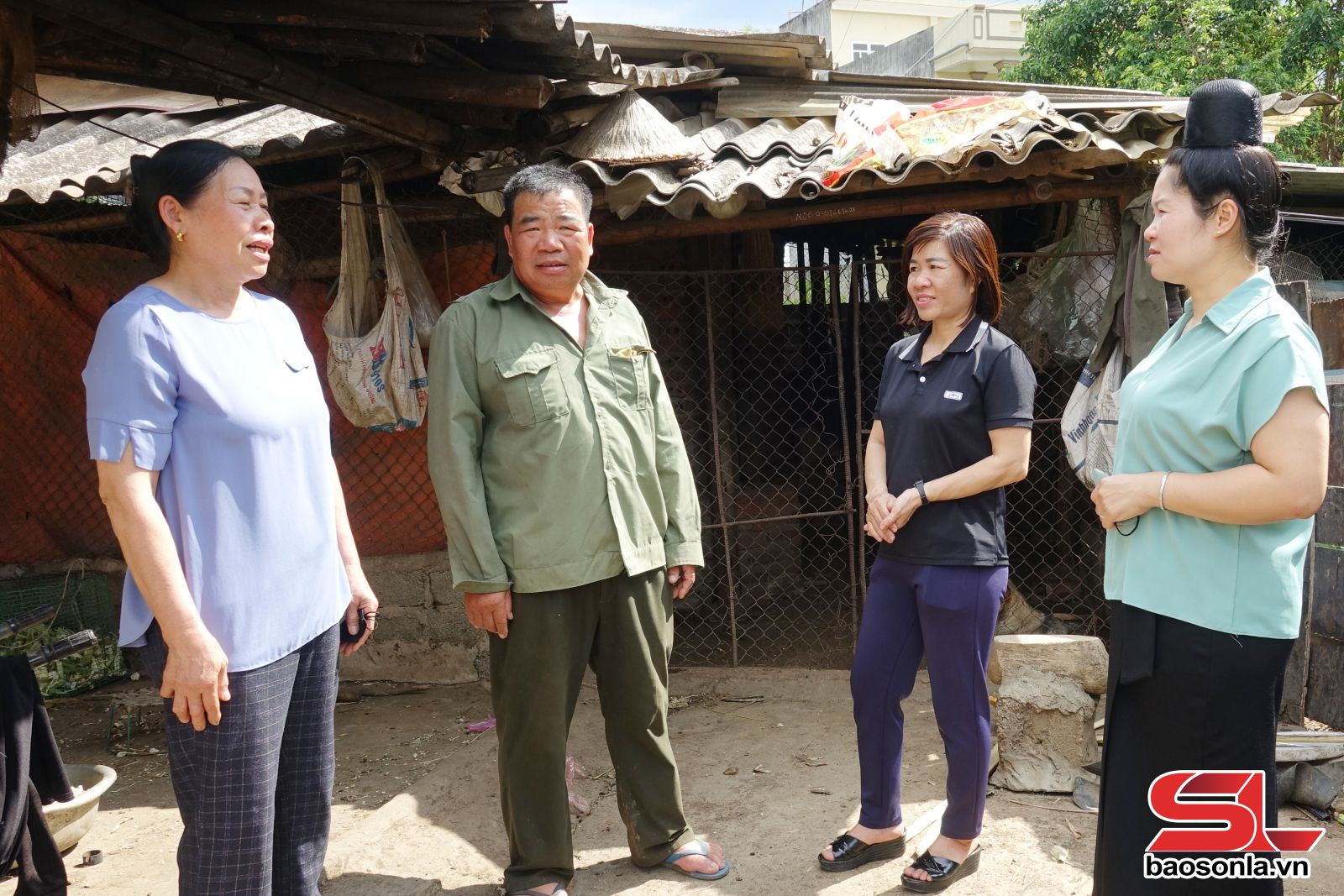
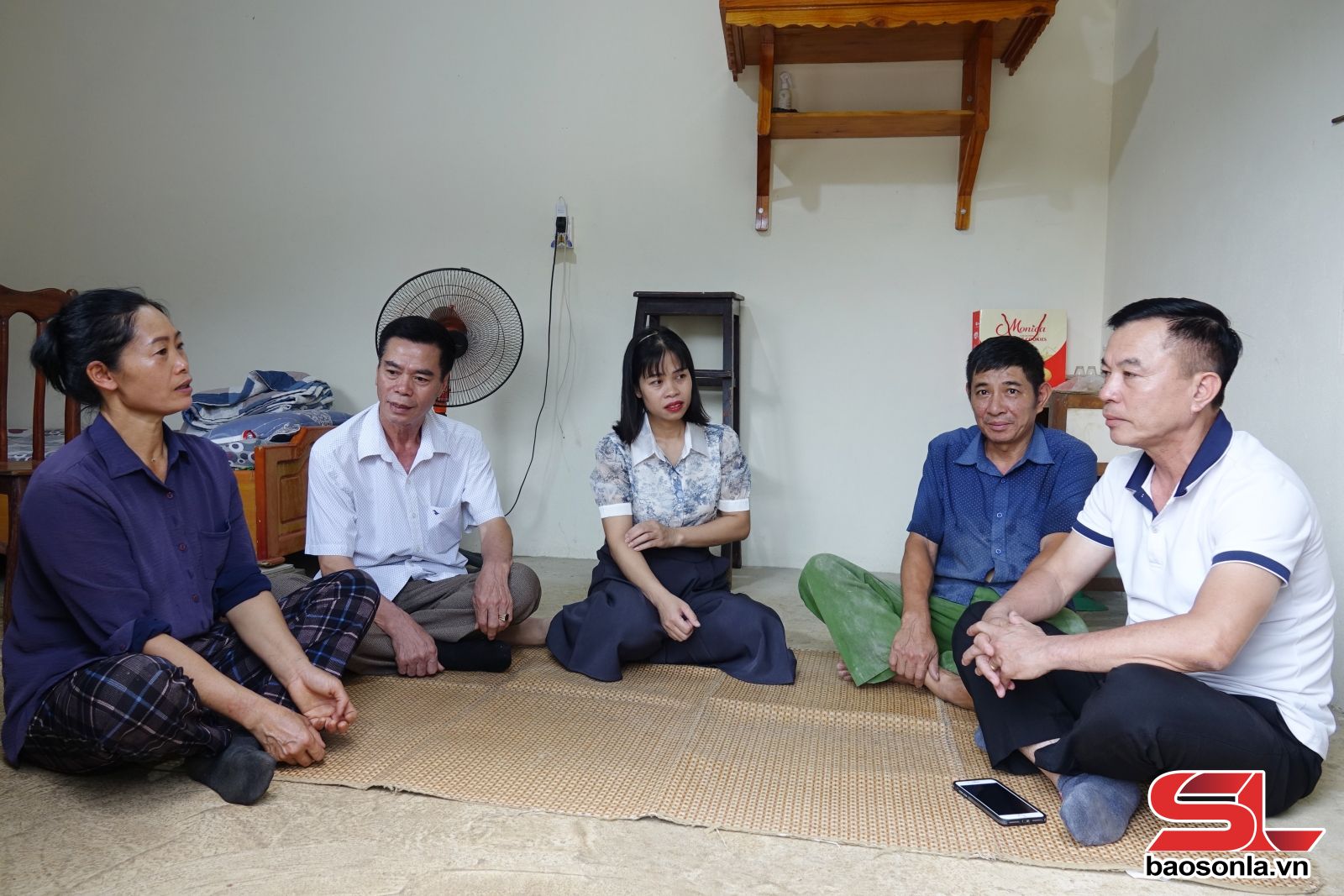
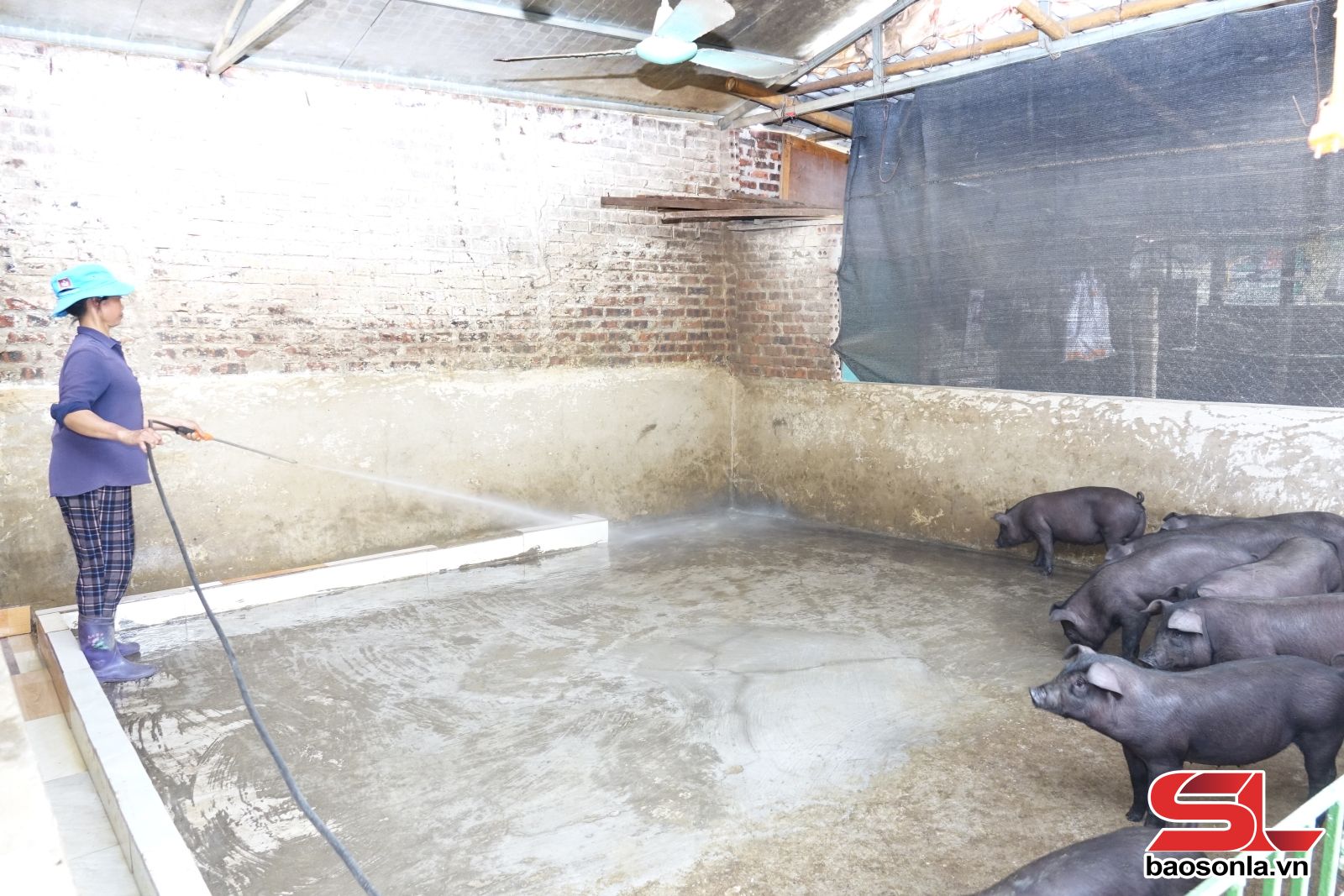


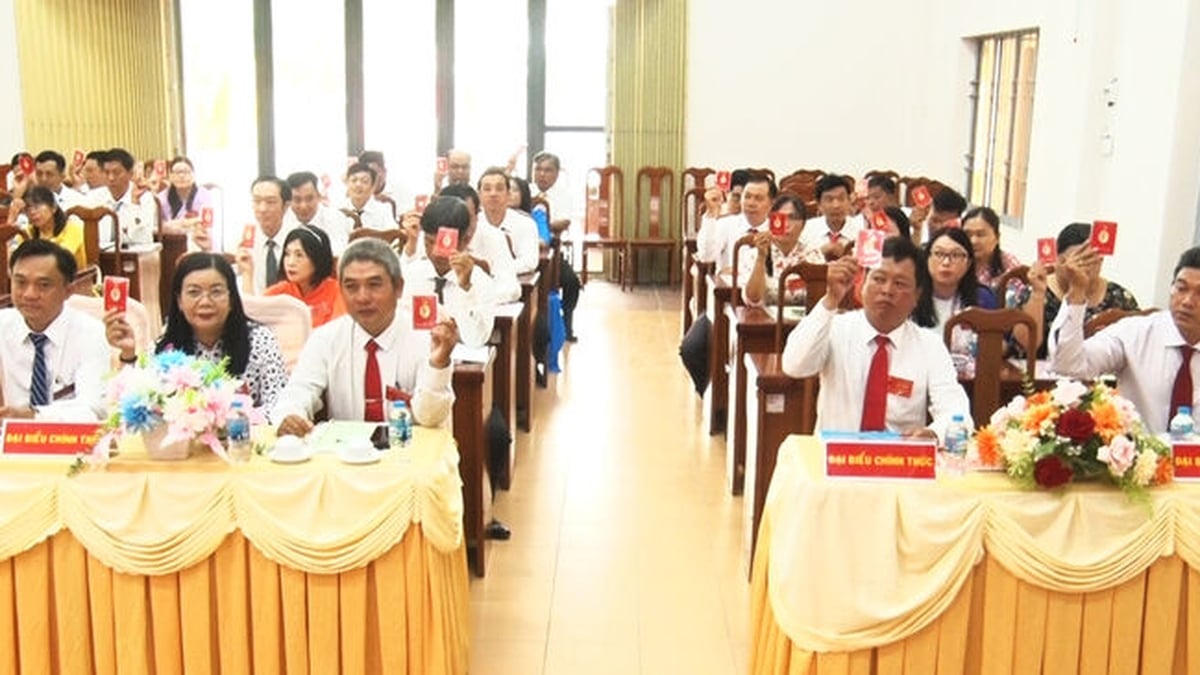

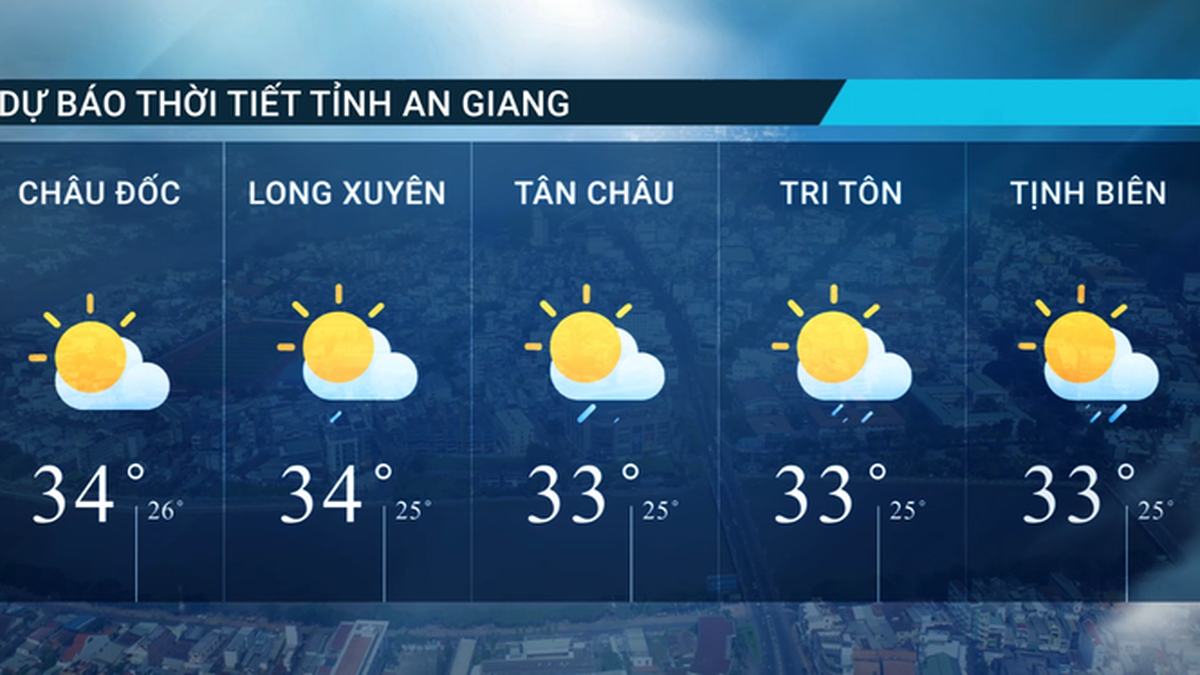


























































































Comment (0)